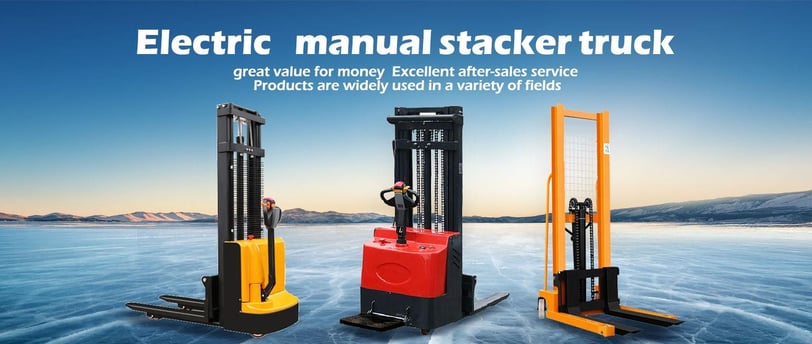Tips for Winterizing Your Forklift Truck Fleet
Tips for Winterizing Your Forklift Truck Fleet


Title: Winterizing Your Forklift Truck Fleet: Essential Tips for Smooth Operations
As winter approaches, ensuring your forklift truck fleet is prepared for the colder months becomes paramount. Cold temperatures, snow, and ice can significantly impact the performance and safety of your equipment if proper precautions aren't taken. To help you navigate through the winter season smoothly, we've compiled a list of essential tips for winterizing your forklift truck fleet:
1. Inspect Heating Systems: Before the cold sets in, inspect the heating systems of your forklifts to ensure they are functioning optimally. Proper heating is essential for operator comfort and can prevent issues like frozen fuel lines.
2. Check Fluid Levels: Cold temperatures can cause fluids such as oil, hydraulic fluid, and coolant to thicken or freeze, impacting the performance of your forklifts. Regularly check and top up these fluid levels to prevent breakdowns.
3. Battery Maintenance: Batteries can lose efficiency in colder weather. Ensure that your forklift batteries are fully charged and properly maintained to avoid downtime due to battery issues.
4. Tire Inspection: Cold weather can affect tire pressure and traction. Inspect the tires of your forklifts regularly and ensure they are properly inflated and have sufficient tread depth for safe operation on slippery surfaces.
5. Brake Check: Cold temperatures can affect brake performance. Schedule regular brake inspections and maintenance to ensure that your forklifts can stop safely in winter conditions.
6. Lubrication: Grease and lubricate moving parts of your forklifts according to manufacturer recommendations. Lubrication can prevent components from freezing up and ensure smooth operation in cold weather.
7. Clean and Protect: Snow, ice, and road salt can cause corrosion and damage to your forklifts. Clean your equipment regularly and apply rust-resistant coatings to protect them from winter elements.
8. Operator Training: Provide your forklift operators with training on safe operation in winter conditions. Emphasize the importance of adjusting driving techniques and being extra cautious on slippery surfaces.
9. Document Maintenance: Keep detailed records of all maintenance performed on your forklift fleet throughout the winter season. This documentation can help identify patterns and areas for improvement in future winters.
10. Emergency Preparedness: Equip your forklifts with emergency supplies such as ice scrapers, snow brushes, and emergency lighting kits to handle unexpected situations during winter weather.
By following these tips for winterizing your forklift truck fleet, you can ensure smooth operations and minimize downtime during the colder months. Prioritizing maintenance and safety measures will not only protect your equipment but also safeguard your workforce and improve overall productivity. Stay ahead of the winter chill and keep your forklift fleet running at its best with these essential tips.
